The need for the Zangazur corridor is growing
The new situation in the South Caucasus after the Second Karabakh War has created ample opportunities and alternatives for the region. In this context, the issue of opening the Zangazur corridor becomes even more pivotal. This corridor cannot only bring economic benefits to the regional countries but also contribute to maintaining lasting stability in the region. Armenia has been left out of all major infrastructure projects in the region due to its 30-year-long occupying policy.
For its part, over recent years, Azerbaijan has confirmed its role as a transport hub in the region. What increases the functionality and importance of Azerbaijan as a transport corridor is that our country is not only a gateway between East and West but also an important corridor connecting the North and South. Azerbaijan has shown the serious political will and invested in the formation of this corridor - transport infrastructure. As a result, both domestic and foreign transport infrastructure has become a diversified hub.
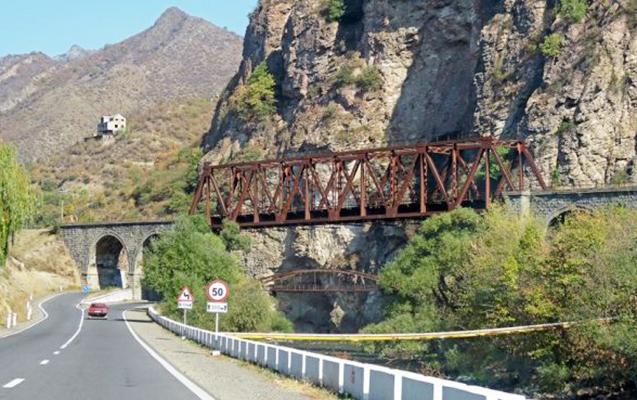
New geopolitical realities in the region with the liberation of the occupied territories of Azerbaijan open up wide opportunities for Armenia. With the opening of the Zangazur corridor, the country can integrate into the regional economy, take advantage of new opportunities and use the existing transport corridors.
The situation in which Armenia has found itself for many years
To date, the only road for Armenia's cargo transportation to Russia passes through Georgia via the Upper Lars border checkpoint. The mountainous terrain and heavy traffic make this road inconvenient, causing long traffic jams all year round. The Georgian bureau of Report covered the situation from Tbilisi to the border with Russia.
The convoys of trucks can be seen on the Mtskheta-Stepantsminda-Upper Lars road, starting from 25 kilometers off Tbilisi. Currently, the repair work at the Lars customs checkpoint on the Georgian-Russian border has further aggravated the situation. The reconstruction work on the Russian side has caused serious delays in the uninterrupted reception of passengers and trucks from Georgia.
Year-long impassable road
Today, the narrow section of the road from Tbilisi to Lars is the only land road connecting Georgia with Russia. Although this road is geographically complex, it is impassable from autumn to spring due to heavy snowfall and avalanches. In summer, large tourist inflows and floods make traffic difficult.
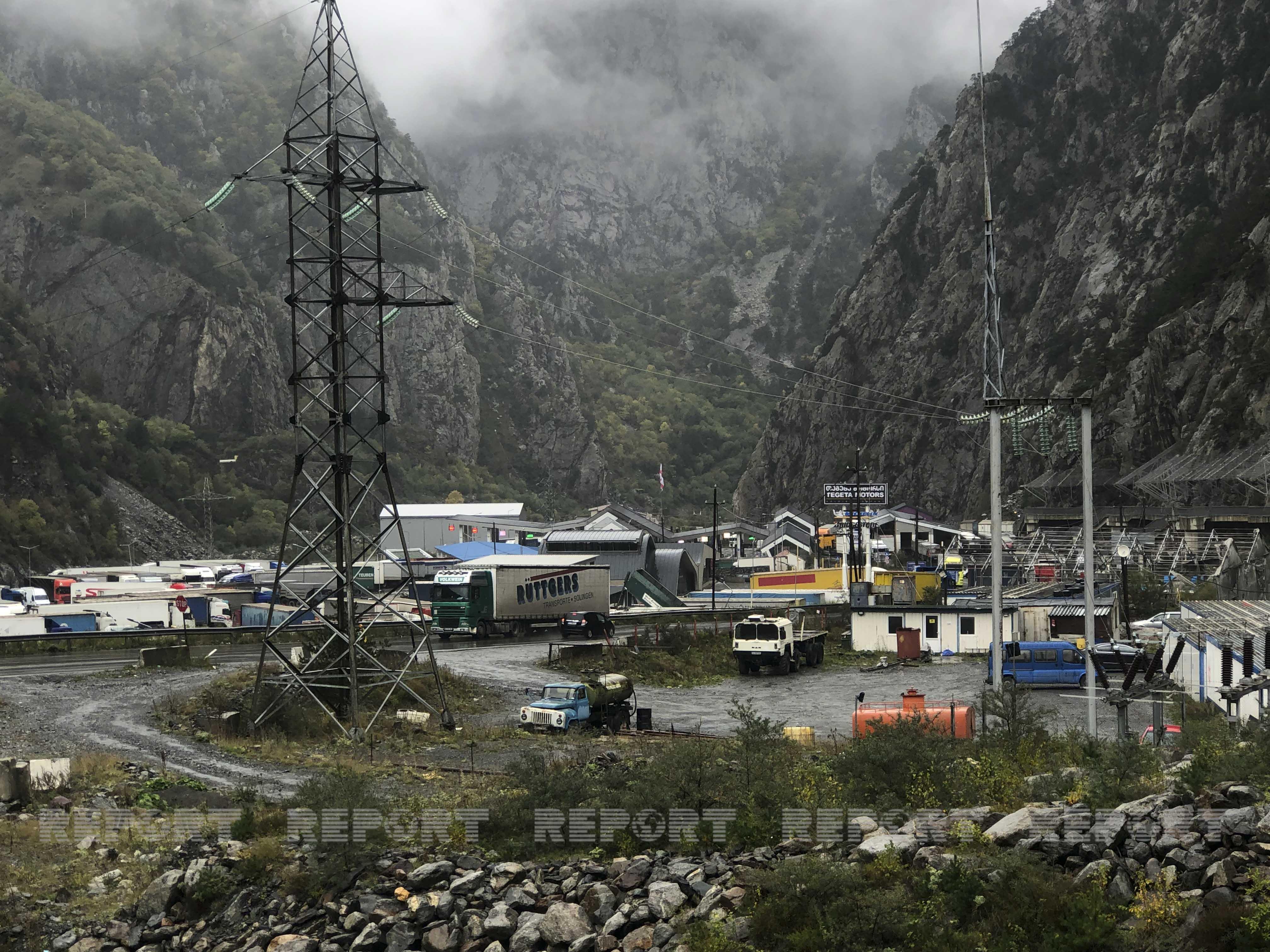
Difficulties of Armenia's "lifeline road"
Most of the trucks that are unable to move from Georgia to Russia for weeks belong to Armenia. The Mtskheta-Stepantsminda-Upper Lars road is the only land road without an alternative that connects Armenia with Russia. This road is of vital importance for Armenia. It is called the "lifeline road" for Armenia. About 70% of transit goods transported to this country pass through Georgia. Most of the cargo is wheat and food products.
"Road is full of trucks"
Truck drivers complain about the difficulties of the road to Lars and the endless traffic congestion. One of them, Spartak Elizbarashvili, said that the customs office lets trucks in turn: “We are standing here and are unaware of what is happening ahead of us. It is said that customs does not work on the Russian side. They open and close whenever they want. Therefore, traffic jams occur. Trucks have occupied the whole length of the road. We have been here for the third day. They do not tell us when the customs point will resume operations."
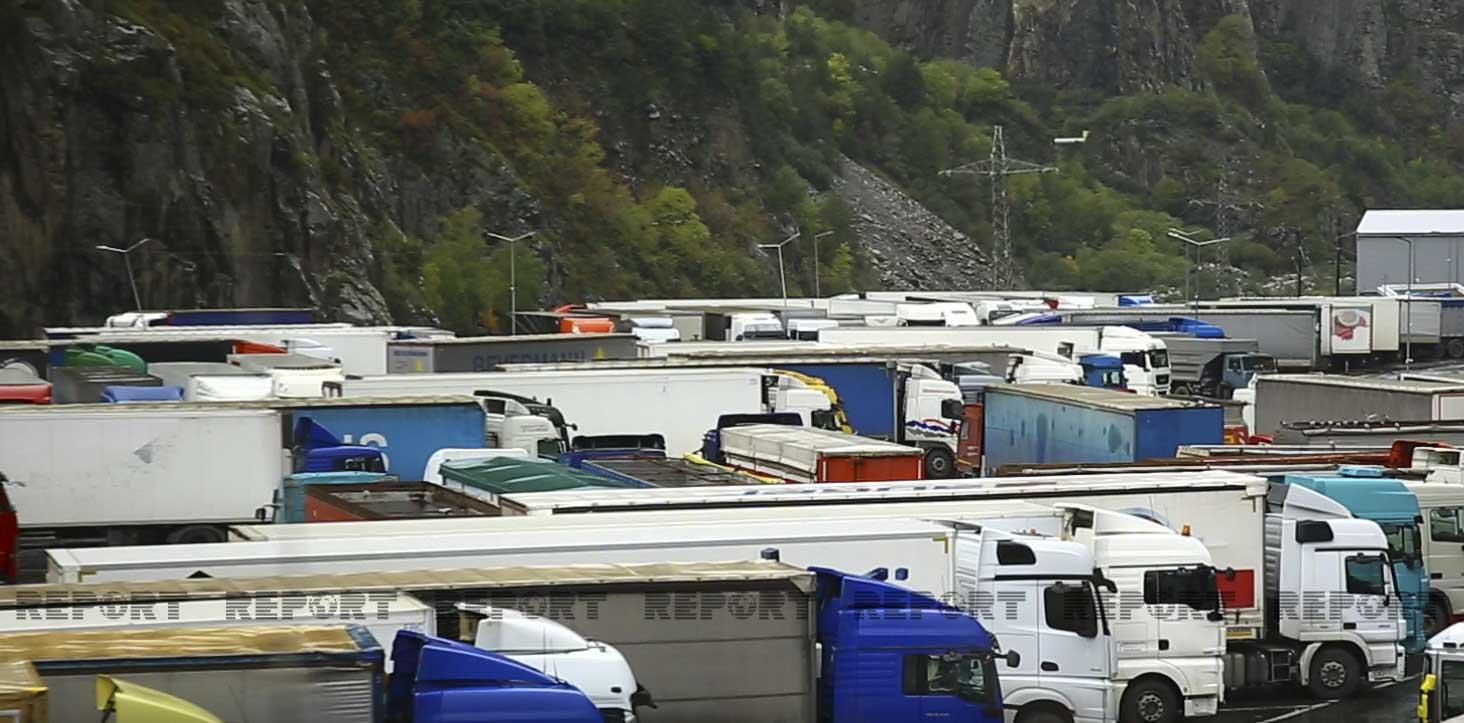
Another driver Tigran Avetisyan said he had been on the road for a week: “There is no information, we just stopped. There are many trucks. We will stay here until our turn comes. The Russian side does not let us in and does not tell the reason."
Another Armenian driver said that there was no more space for trucks on the side of the road: “All trucks going from Armenia to Russia parked along the roadside. There are cars that have been parked for 10 days. We have been waiting here for a week now."
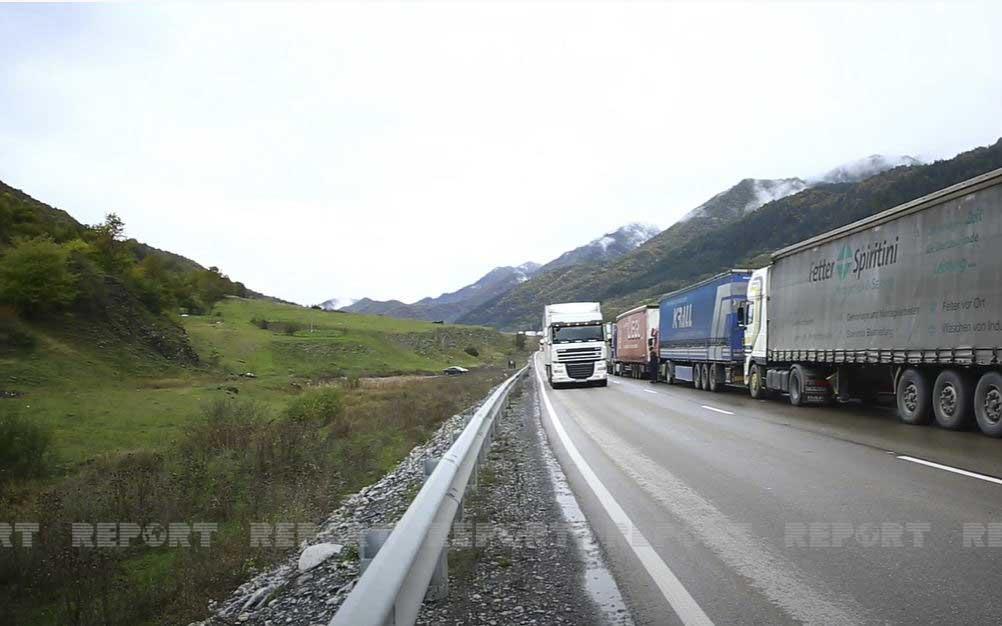
Beso Mikava, a driver, who has been standing on the side of the road for 4 days, is waiting in line to go to Vladikavkaz: “I have to deliver wheat from there. The patrol police detained me and I was fined GEL 200. No one says when the border check-point will open. It is also said that the customs point was closed due to weather conditions. But now there is no such heavy snow. I will probably have to stay here for another three days."
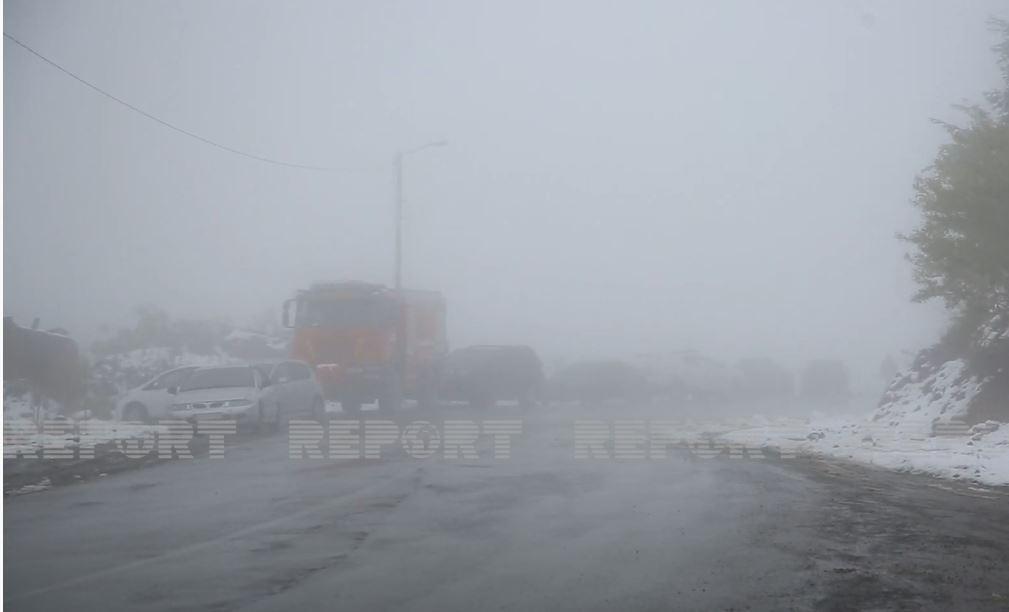
Given that it is still early October and the weather is relatively favorable, it is not difficult to imagine the hardships that drivers will face in the coming months. This is another indication of the vital importance of the statement of Azerbaijani Leader Ilham Aliyev that "the opening of communications will bring benefit to all countries in the region, create new opportunities by forming new dynamics for regional cooperation."


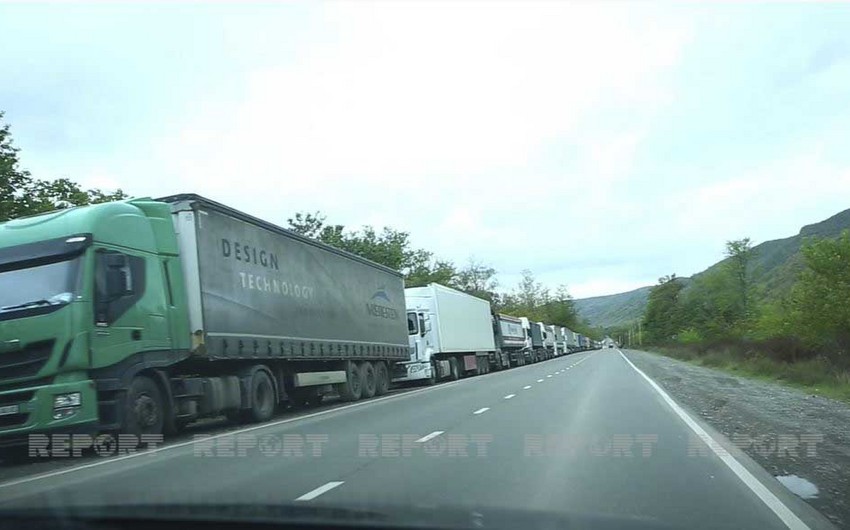 https://static.report.az/photo/bd232fa6-05ca-3c16-bee2-345eeeddce12.jpg
https://static.report.az/photo/bd232fa6-05ca-3c16-bee2-345eeeddce12.jpg

